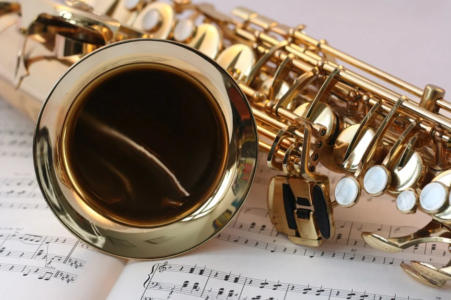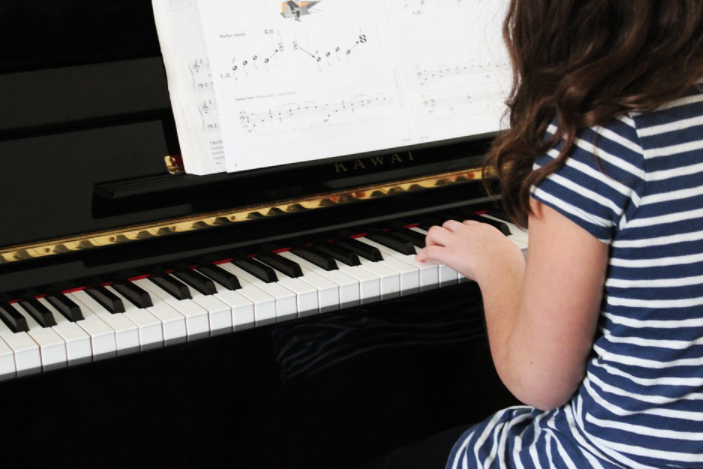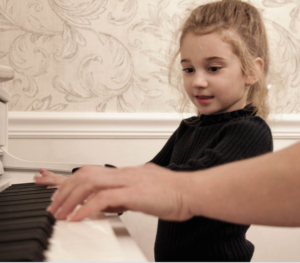Tips on Learning to Play a Musical Instrument

After all the doubt, you have decided to take a firm step to learn how to play a musical instrument. Whatever the musical instrument, either it is the old piano you have been dying to play, or it is the guitar melody that captivates your heart, you will enjoy the beautiful feeling you get through the music. In fact, being able to play and share music is marvelous.
Suppose you feel confused about which musical instrument to pick for the learning, read the Prog Sphere to learn about each of them that will be suitable for you. In this article, there will be only five technical tips that help you work on a musical instrument learning step by step.
Have Fun
Don’t be afraid to start an instrument for the first time. Try to enjoy the learning process and have fun. You don’t have to have a perfect pitch to pick or sing a song at first. Be patient and learn to read music one by one if it is necessary. Learn what is best for you, and don’t let this inability stop you from trying to play a musical instrument.
Pick the Suitable Instrument
 You might want to learn to play a song you love, but you don’t know which instrument to play. Choosing one may have a few things to consider, but clearly, you want to choose something you like or find interesting. Maybe there’s an instrument you’ve always wanted to know how to play with, or more importantly, if there’s a type of music you like. In many cases, the best instruments for you should consider the size, the body, and the load on the musical instrument.
You might want to learn to play a song you love, but you don’t know which instrument to play. Choosing one may have a few things to consider, but clearly, you want to choose something you like or find interesting. Maybe there’s an instrument you’ve always wanted to know how to play with, or more importantly, if there’s a type of music you like. In many cases, the best instruments for you should consider the size, the body, and the load on the musical instrument.
Some instruments may be heavier, thicker, smaller, or much more delicate than you think. You also have to consider whether it is portable or requires power or batteries, including the storage in your room. For example, you probably wouldn’t do well if you live in an apartment building and decide to play drums. Many people also want to know how to make a music track and record the beats. In this case, consider the budget and start with less expensive software and work the way up. This way, it helps you learn the basics before getting into all the bells and whistles that the more complicated apps have. Then, when it comes time to buy hardware, spend the money when needed.
Know the Budget on a New Instrument
 Check out retailers online to get an idea regarding the price of an instrument you want. As you may not want to spend much on the first time learning the musical instrument, you probably don’t need to invest much. However, you still do not want the one with a poorly made that it falls apart. Regardless of this fact, you don’t necessarily need to spend a lot of money on your first instrument. Don’t make any real investment until you know you’re going to play with the device long time. When you are in the store, play with some of the equipment if you can.
Check out retailers online to get an idea regarding the price of an instrument you want. As you may not want to spend much on the first time learning the musical instrument, you probably don’t need to invest much. However, you still do not want the one with a poorly made that it falls apart. Regardless of this fact, you don’t necessarily need to spend a lot of money on your first instrument. Don’t make any real investment until you know you’re going to play with the device long time. When you are in the store, play with some of the equipment if you can.
Suppose you have a friend who is a musician. Ask them to recommend the tool for you. If possible, they can also come up with questions you might not think otherwise. Also, it’s not a bad idea to go around at a local music store. Who knows, you may discover amazing things on Craig’s List if you choose to purchase a route of used instruments. If possible, bring a friend with you to get another set of eyes to take a look at the tool you might be buying.
Find an Instructor
It doesn’t hurt to take a lesson. Besides, you’ll probably find that it is valuable. Again, sites like Craigslist have all kinds of listings for reputable teachers. If you ask, they’ll probably give you a discount on the course if you pay a little upfront. You can find software that will teach you how to understand, play or sing piano/keyboard, bass and guitar in general, but you are likely to discover software for violin, cello, and saxophone. In this case, do a little more research, although nothing is better than an authentic teacher.…


 There’s no clear statement on what exact age your child can start piano lessons. But children between the ages of seven and six are in that “golden” window of time when intellect, enthusiasm, and good motor skills come together to give the child the best chance of success. Younger children may benefit from tutoring if they have demonstrated excellent ability to concentrate, follow three-step directions, and understand letters and numbers. You shouldn’t despair if your child is older than seven. Students who start at an older age tend to catch up quickly. The accumulation of skills and understanding happens more quickly in an older child because they can handle a more challenging workload.
There’s no clear statement on what exact age your child can start piano lessons. But children between the ages of seven and six are in that “golden” window of time when intellect, enthusiasm, and good motor skills come together to give the child the best chance of success. Younger children may benefit from tutoring if they have demonstrated excellent ability to concentrate, follow three-step directions, and understand letters and numbers. You shouldn’t despair if your child is older than seven. Students who start at an older age tend to catch up quickly. The accumulation of skills and understanding happens more quickly in an older child because they can handle a more challenging workload.